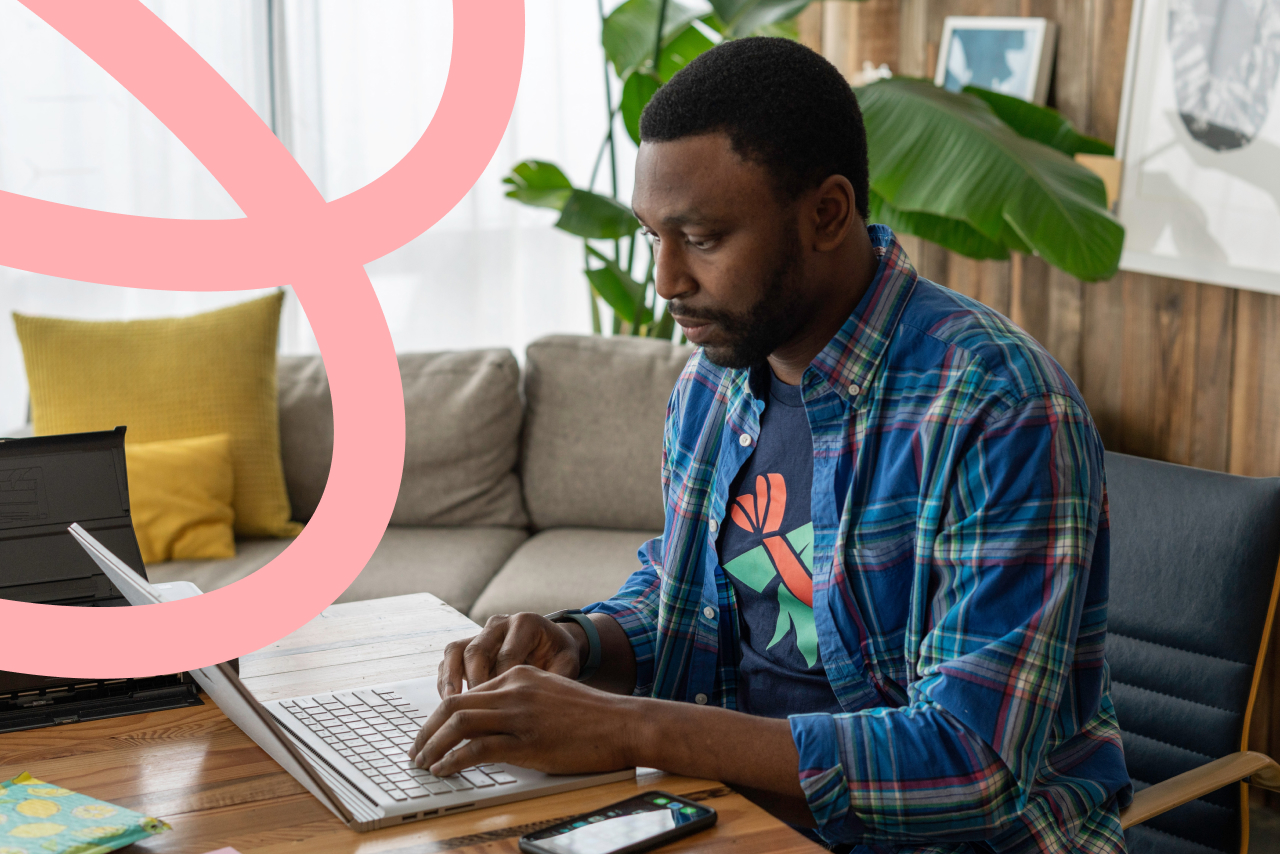How to Protect Your Health and Avoid Burnout as a Freelancer

on August 27, 2025 • 3 minute read

Freelancing has never been more popular. You set your own hours, choose your own clients, and decide where you work from — whether it’s your home office, a co-working space, or a café in Lisbon. For many, freelancing feels like the ultimate freedom.
But with great freedom comes hidden risks. Without structure, colleagues, or workplace safeguards, freelancers can easily slip into unhealthy patterns that harm both body and mind. Left unchecked, these habits can lead to burnout, stress, or long-term health issues.
Here’s what to watch out for — and how to stay healthy and balanced while building your solo career.
The Hidden Risks of Sitting Too Much
The science is clear: sitting for long periods isn’t just uncomfortable — it’s harmful. Research has confirmed links between sedentary lifestyles and obesity, cardiovascular disease, type 2 diabetes, and even premature death. Mental health is also affected: studies continue to show that excessive sitting correlates with higher rates of depression and anxiety.
The pandemic only amplified the issue, with remote workers (including freelancers) spending more time than ever at their desks. Even in 2025, with hybrid work more common, freelancers remain at higher risk because no employer is nudging them toward healthier routines.
What you can do:
- Use the “30-30 rule”: every 30 minutes, stand up or move for at least 2–3 minutes.
- Try a sit-stand desk or a desk converter — now widely available and more affordable.
- Stack habits: walk while taking client calls, do stretches before sending invoices, or use house chores as natural movement breaks.
- Track it: wearables like Apple Watch, Garmin, or Oura Ring make it easy to spot (and fix) long periods of inactivity. Gone are the days when wearables were just step counters. By 2025, devices like smartwatches and rings track sleep stages, stress responses, blood oxygen, and even offer AI-driven health prompts.
Burnout: When Work and Life Blur Together
Unlike a traditional office, freelancing rarely has a clear “end of day.” The lines between personal and professional life blur — and with constant notifications, global clients in different time zones, and AI tools that promise “24/7 productivity,” many freelancers work longer hours than ever.
The result? Rising rates of burnout. The World Health Organization has officially classified burnout as an occupational phenomenon, and freelancers are particularly vulnerable due to isolation, lack of benefits, and financial uncertainty.
How to find balance:
- Set boundaries: create a start-and-finish routine for your workday. This might be as simple as making coffee to start and closing your laptop to finish.
- Schedule milestones: plan weekly goals and quarterly reviews so you can track progress without overworking.
- Use digital tools wisely: productivity apps are useful, but constant pings are not. Switch off notifications after hours.
- Rest is work: research shows that regular breaks and downtime actually increase productivity and creativity.
The Mental Health Trap: Negativity and Isolation
Working solo means you don’t get the casual encouragement of office life. Instead, freelancers may spiral into self-criticism, imposter syndrome, or toxic overthinking. Social isolation — a growing public health concern worldwide — compounds the problem.
Studies published in recent years highlight that loneliness carries risks comparable to smoking or obesity. In 2023, the U.S. Surgeon General even called loneliness an “epidemic.”
How to protect yourself:
- Reality-check your self-talk: ask, is this specific feedback I can act on, or just vague negativity?
- Stay socially connected: co-working spaces, online freelancer communities, and networking groups (both virtual and in-person) provide support.
- Mix work and play: join hobby groups, sports clubs, or professional associations. Social contact boosts mental health and business opportunities.
- Seek professional support: therapy and coaching are more accessible online than ever. Platforms like BetterHelp and Talkspace make it easier to find help globally.
Learn more about protecting your mental health as a freelancer.
Lifestyle Habits That Make or Break You
Freelancers enjoy autonomy, but that same freedom makes it easy to slip into poor habits: irregular sleep, skipped workouts, endless snacking, or over-reliance on caffeine.
The science hasn’t changed: exercise, sleep, and nutrition remain the three pillars of physical and mental well-being. What has changed is that freelancers now have access to a growing ecosystem of digital tools that make healthy routines more achievable.
Healthy freelancer habits:
- Exercise: aim for at least 150 minutes of moderate activity per week. Fitness apps, YouTube workouts, and virtual trainers make this easier than ever.
- Sleep: prioritize consistent sleep schedules and minimize late-night screen use. Sleep-tracking apps (or devices like Oura Ring) can help.
- Nutrition: balance your meals with whole foods. Meal-prep services and healthy food delivery are booming in Europe, giving freelancers better choices than late-night pizza.
- Hydration and breaks: keep water nearby and step away from screens regularly. Even short breaks improve focus and reduce fatigue.
Protect Your Business and Reduce Stress by Simplifying Admin
Your business depends on you. Staying physically healthy and mentally resilient isn’t optional — it’s your biggest asset. Structure your days, connect with others, stay active, and don’t ignore the warning signs of burnout.
Let’s be real: one of the biggest drains on freelancer mental health isn’t clients — it’s admin. Invoicing, taxes, compliance, and VAT can eat away at your time, energy, and peace of mind.
That’s why thousands of freelancers use Xolo Go to handle the boring stuff — from cross-border invoicing to tax compliance. With less time spent on paperwork, you can focus on what really matters: your business, your creativity, and your well-being.
👉 Get started with Xolo Go today and see how much easier freelancing can be.
Related blogs
Subscribe to
our newsletter
and get the latest updates and expert
business tips straight to your inbox.
